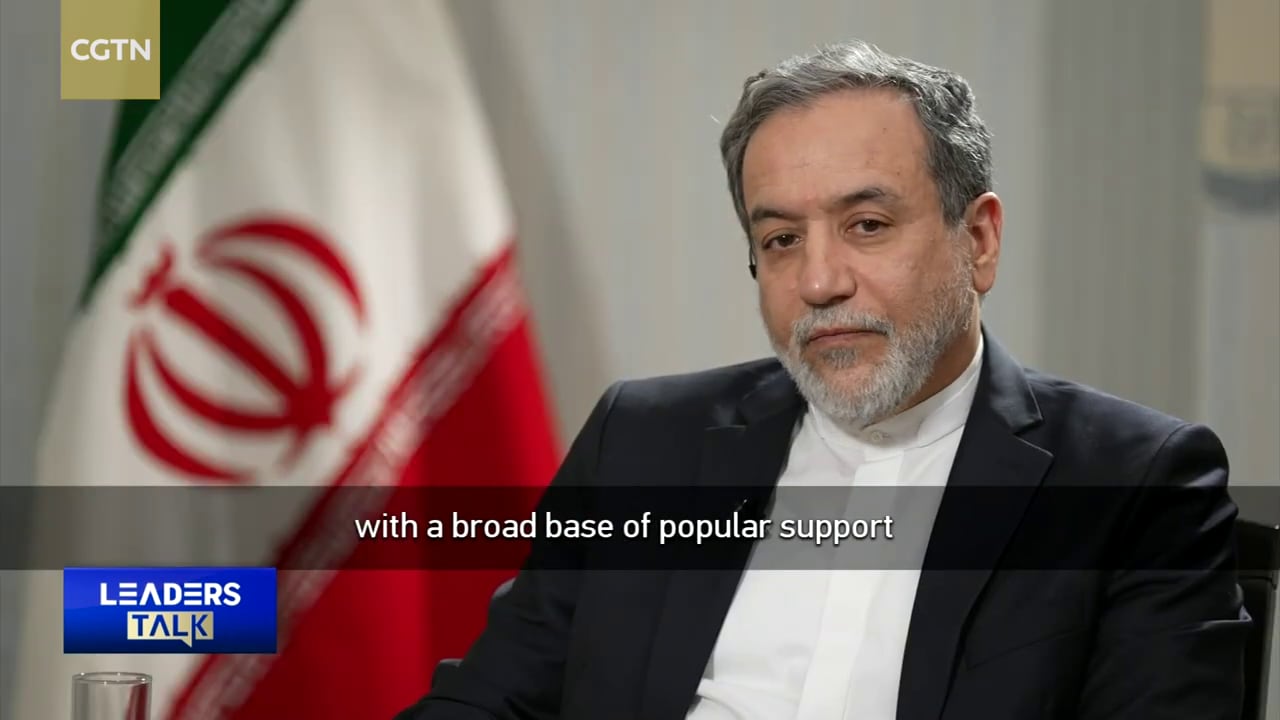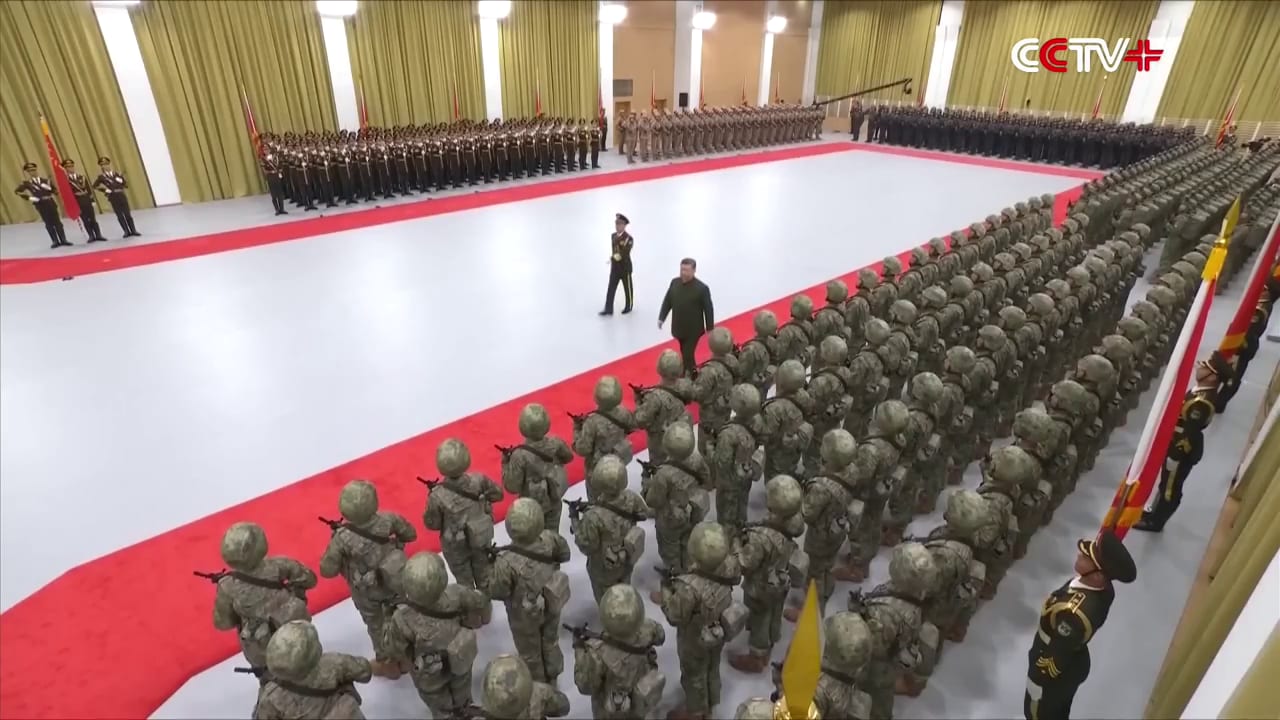
On June 29, 2022, the China Daily YouTube channel shared a video in which Ma Xiaoguang, the spokesman of the Chinese State Council's Taiwan Affairs Office, discusses a recent statement made by Taiwanese Foreign Minister Wu Zhaoxie, who said that Taiwan is not subordinate to mainland China. Ma Xiaoguang said that this "two-state theory" is a "fallacy" and that it is an act of collusion with "foreign forces" and hatching "separatist plots." He also argued that Taiwan is an inseparable part of China.
Journalist: "Wu Zhaoxie was interviewed a few days ago, and he said that China had never ruled Taiwan and he continued to spread the statement that 'the two sides are not subordinate to each other.' He also argued that the U.S. and other countries' warships sailing through the Taiwan Strait was to practice the so-called 'navigation freedom' and to demonstrate the importance they attached to the regional peace and stability. May I ask your comment on that?"
Ma Xiaoguang: "In addition to once again exposing his divisive nature of selling the 'two-state theory,' colluding with external forces, and seeking provocation of 'independence,' Wu Zhaoxie's fallacy simply has no legal and factual ground, let alone his absurd conclusion that the two sides are so-called 'not subordinate to each other' and his 'two-state theory.'



"I want to emphasize four points: First, national sovereignty is indivisible. Territory is the space for the state to exercise sovereignty. On the territory of a country, there can only be one central government that exercises sovereignty on behalf of the country. On October 1, 1949, the central government of the People's Republic of China replaced the government of the Republic of China and became the only legal Chinese government in the world and the only representative of China internationally. It took place as the new regime replaced the old one, when the main subject of international law remained the same. China's sovereignty and inherent territory have not changed because of it. The People's Republic of China rightly enjoys the full exercise of its sovereignty, including over Taiwan.



"Secondly, although the two sides of the Strait have not yet been unified, Taiwan's status as a part of China has never changed and will not be allowed to change. China's sovereignty over Taiwan has never changed and cannot be changed. The long-term existence of a state of civil war between the two sides of the Strait has not given Taiwan the legal status and privileges as an independent country under international law nor can it change Taiwan's legal status as a part of China.

"Third, the international community recognizes that there is only one China in the world, Taiwan is part of China, and the government of the People's Republic of China is the only legal government of China. Under this principle, Taiwan has no right to participate in the United Nations and other international organizations in which only sovereign states participate. Countries that have established diplomatic relations with China cannot develop official relations with Taiwan, sell weapons to Taiwan, or engage in any form of military alliance with Taiwan. The Chinese government treats Taiwan's foreign exchange activities on the principle of 'One China' and protects all the legitimate rights and interests of Taiwanese compatriots overseas. This is a concrete symbol of our exercise of sovereignty over Taiwan.
"Fourth, China has sovereignty, sovereign rights, and jurisdiction over the Taiwan Strait. At the same time, China also respects the navigation rights enjoyed by other countries in accordance with international law, but resolutely opposes any country's provocation and threats to China's sovereignty and security in the name of freedom of navigation. Wu Zhaoxie and others like him, colluding with foreign forces to draw attention, basing his actions entirely on the Taiwan independence and separatists' plot, harm the common interest of compatriots on both sides of the Strait and betray the overall interests of the Chinese nation."














